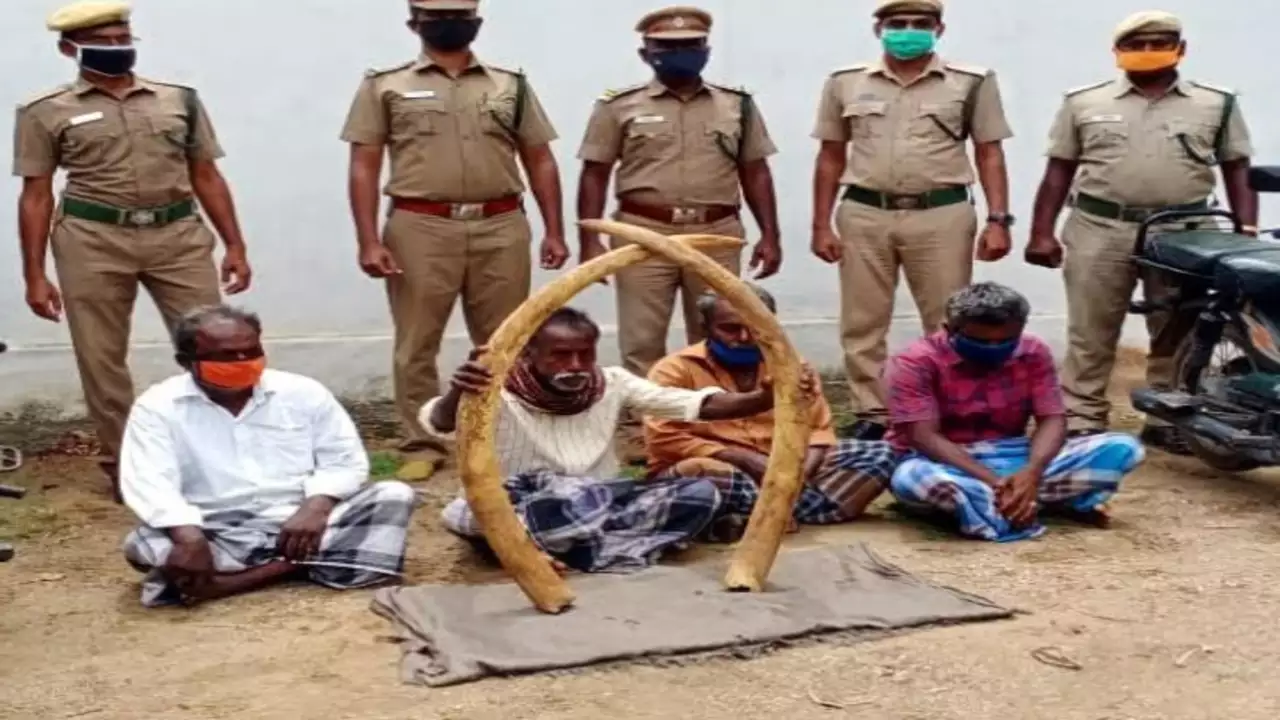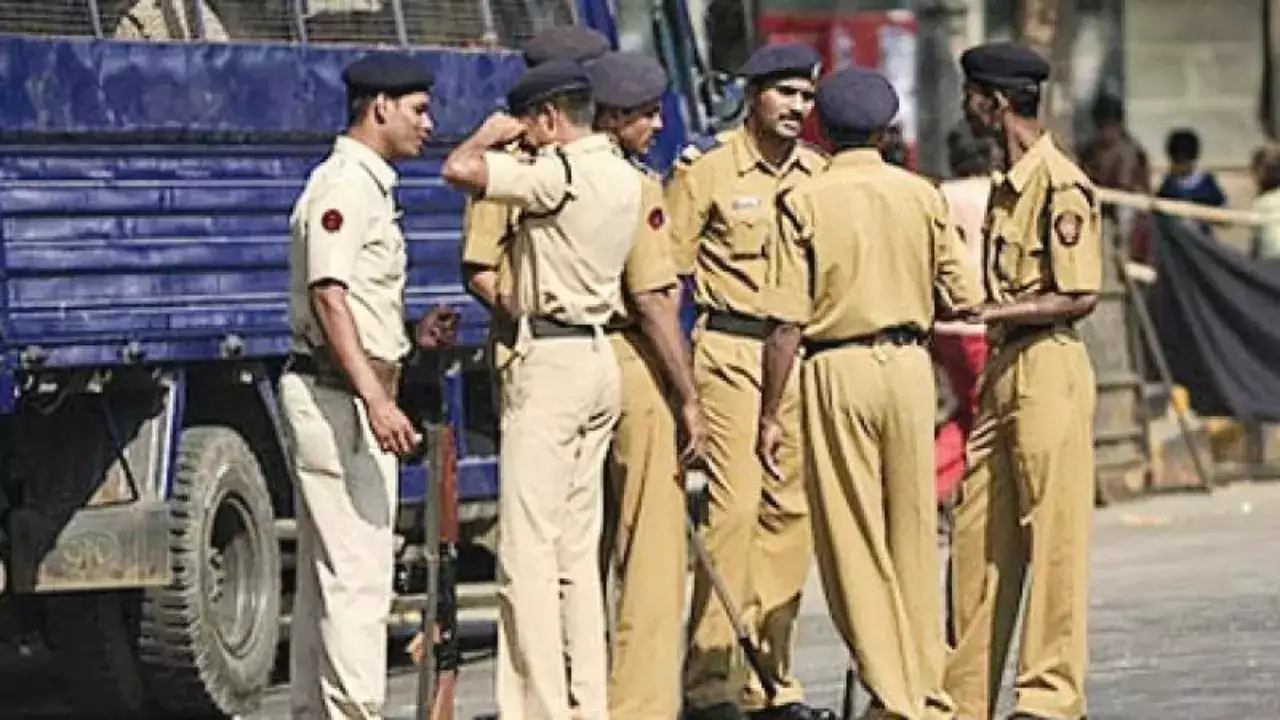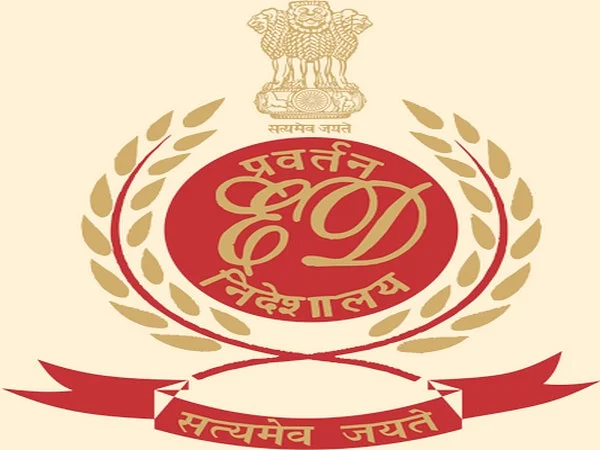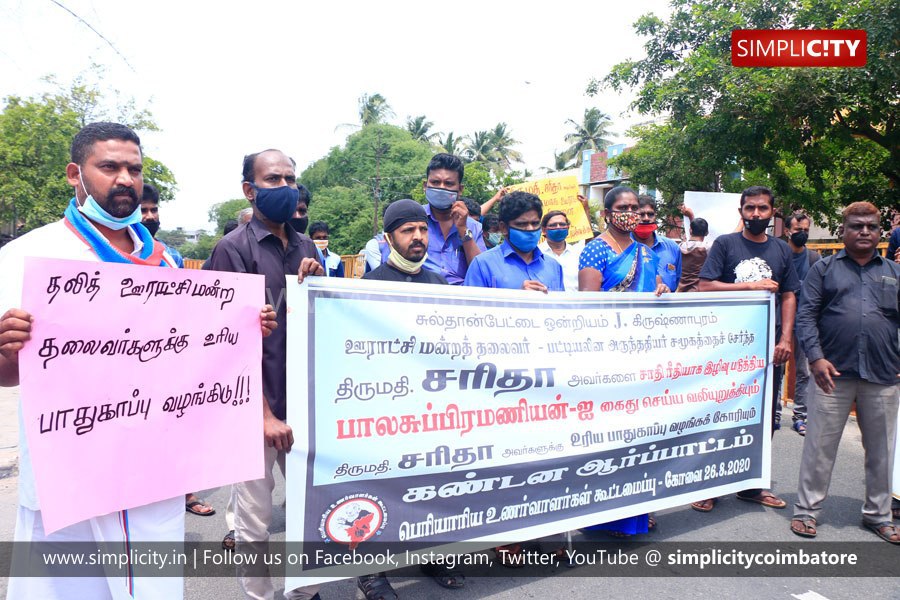Chennai, June 8 (BPNS)
Tamil Nadu police have launched ‘Operation Kanthuvatti’ across the state against usurious money lenders. The trigger to the crackdown has come after a police constable committed suicide after being harassed by a usurious moneylender at Cuddalore.
A constable with the Xth Tamil Nadu Special police battalion, M. Selvakumar of Cuddalore district, committed suicide after he was harassed by a money lender at Mathuvaniamedu in the district.
According to police sources, the deceased constable had taken a loan of Rs 5 lakh from the money lender in 2020 and signed blank stamp papers. He had repaid Rs 3 lakh in cash and Rs 2 lakh through bank transfer but the money lender filled the blank stamp paper with entries that Selvakumar had taken Rs 12 lakh from him and pressurized to repay the balance amount and filed a complaint with the police. The Crime branch police also told Selvakumar to repay the money to avoid legal actions.
Police said that Selvakumar consumed poison and died on the way to hospital on Tuesday. The state police immediately took up the matter and the DGP, C.Sylendra Babu has directed all District Superintendents of Police to take up cases of usury that are pending in police stations across the state.
The DGP has directed the police officials to initiate action against these money lenders under the Tamil Nadu Prohibition of Charging Exorbitant Interest Act, 2003 against those involved in money lending.
The DGP in a circular to all the Superintendents have directed them to conduct raids and searches at suspected locations after taking legal opinion from the jurisdictional courts and to seize incriminating documents including property documents and blank cheques, signed stamp papers, etc that were taken as a pledge by the usurious money lenders against the money they have given to the gullible people who have fallen into the trap.
The DGP also informed the Superintendents of Police and Commissioners that the department would recognize officers who have done exemplary work in ‘Operation Kanthuvatti’.








